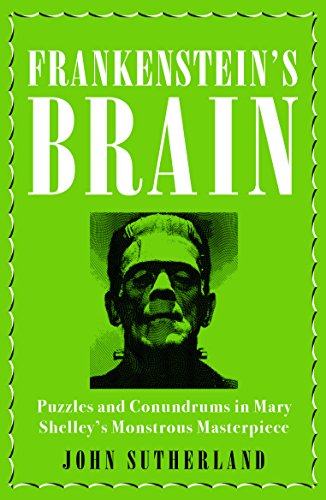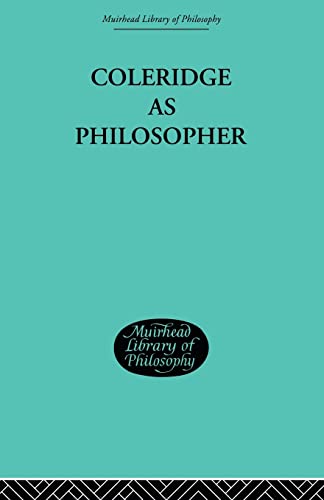
Coleridge As Philosopher
by John HFirst published in 2002.
Routledge is an imprint of Taylor & Francis, an informa company.
- First published
- 2013
- Publishers
- Taylor & Francis Group
- Subjects
- Coleridge·Samuel taylor·1772-1834
Books

Male infibulation
Eric John Dingwall

Green Politics in Ireland
John Barry

Laura Marlin Mysteries
Lauren St John

Firm
John Grisham

Last Master Passion and Anger
John Suchet

On Harrow Hill
John Verdon

War on Children
John F. MacArthur

Man of Steel
John Sazaklis

Engine of History
John Steele Gordon

Engine of History
John Steele Gordon

I Used to Be a Miserable F*Ck
John Kim

Untitled Connolly 1 B Format
John Connolly

Really Awful Musicians
John Manders

Theodore Boone
John Grisham

Theodore Boone
John Grisham

Atkins Enterprise Networks
Atkins, John

Baichtal
John Baichtal

Electronics for Makers
John Ray
Electronics for makers takes a logical approach to bringing circuit design to budding creators.

Citizen's Guide to Social Movements
John Markoff
The role of social and political movements are crucial in shaping the way we understand democracy.

Claim to Beauty
John Christian

Citizen' Guide to Social Movements
John Markoff
The role of social and political movements are crucial in shaping the way we understand democracy.

Citizen' Guide to Social Movements
John Markoff
The role of social and political movements are crucial in shaping the way we understand democracy.

Frank Quinn Omnibus
John Lutz

Triumph TR2 and TR4A
John Nikas

Migration and Refuge
John Patrick Walsh

Jaguar XKs
John Nikas
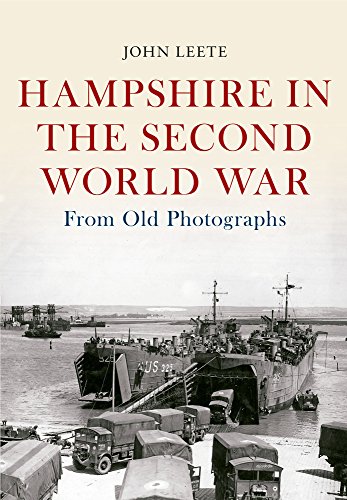
Hampshire in the Second World War from Old Photographs
John Leete
Historically, hampshire has always played a significant part in the country's defence, boasting many forts across its coastline.

Sur's Ocean
John Stratton Hawley

Criminology
John Tierney
How do criminologists attempt to explain the phenomena of crime and deviance?

Handbook of Cleaning Solvents
John Durkee

Understanding Individual Differences in Children
John H. Kranzler

Fighting Forces of the Second W
John C. Miles

Fighting Forces of the Second W
John C. Miles

Fighting Forces of the Second W War Details
John C. Miles

Fighting Forces of the Second W
John C. Miles

Missing Elements
John C. Warner

Sociological Evidence and Inference
John Hughes

Sunderland at Work
John Brantingham

Gates
John Connolly

Samuel Johnson III - B Format
John Connolly

Last Woman
John Bemrose

Hope of Prayer
John Eldredge

Untitled Bemrose Novel
John Bemrose

Samuel Johnson III - a Format Exp
John Connolly

Sas Self-Defence Manual
John Lofty
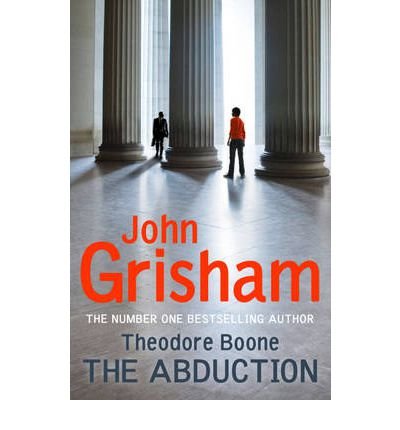
Abduction
John Grisham

Samuel Johnson III
John Connolly

So Wise Were Our Elders
John Holmes McDowell

Macbeth
Timothy John Kelly

Passionate Spies
John Harte

Orient Express Story
John Christopher
Similar books

Method and Imagination in Coleridge's Criticism
J. R. de J. Jackson
First published in 1969, this book places coleridge's literary criticism against the background of his philosophical thinking, examining his theories about criticism and the nature of poetry.

Platonic Coleridge
James Vigus
The ambivalent curiosity of the young poet samuel taylor coleridge (1772-1834) towards plato - 'but i love plato - his dear gorgeous nonsense!

Platonic Coleridge
James Vigus
The ambivalent curiosity of the young poet samuel taylor coleridge (1772-1834) towards plato - 'but i love plato - his dear gorgeous nonsense!
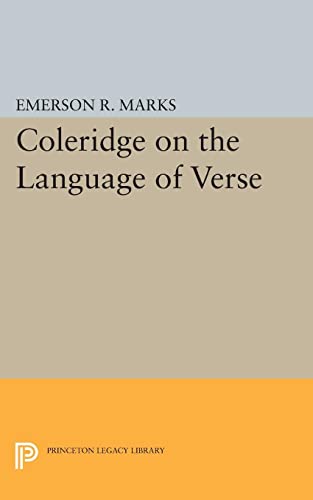
Coleridge on the Language of Verse
Emerson R. Marks
Drawing on the entire corpus of coleridge's prose, emerson marks shows how the poet's rationale was grounded in the mimetic theory that informed his distinction between a copy and an imitation which coleridge himself labeled the universal principle of the.

Coleridge and Cosmopolitan Intellectualism 1794-1804
Maximiliaan van Woudenberg
Viewing samuel taylor coleridge's pursuit of continental intellectualism through the lens of cosmopolitanism, maximiliaan van woudenberg examines the so-called 'german mania' of the writer in the context of the intellectual history of the university.

Coleridge on the Language of Verse
Emerson R. Marks
Drawing on the entire corpus of coleridge's prose, emerson marks shows how the poet's rationale was grounded in the mimetic theory that informed his distinction between a copy and an imitation which coleridge himself labeled the universal principle of the.

Coleridge on the Language of Verse
Emerson R. Marks
Drawing on the entire corpus of coleridge's prose, emerson marks shows how the poet's rationale was grounded in the mimetic theory that informed his distinction between a copy and an imitation which coleridge himself labeled the universal principle of the.

British Romanticism and the Jews
S. Spector
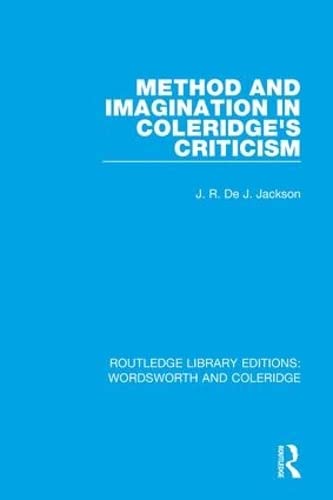
Method and Imagination in Coleridge's Criticism
J. R. de J. Jackson
First published in 1969, this book places coleridge's literary criticism against the background of his philosophical thinking, examining his theories about criticism and the nature of poetry.
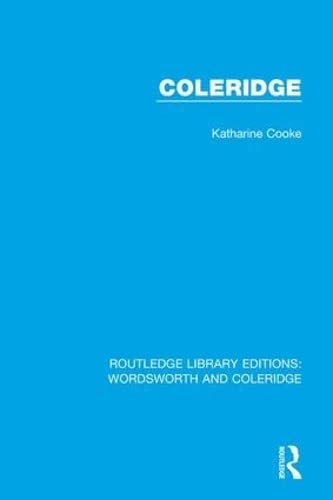
Coleridge
Katharine Cooke
First published in 1979, this book provides thorough a guide through coleridge's diverse body of work, looking not just his poetry but also his literary criticism and theories, plays, political journalism and theory, and writings on religion and philosoph.

Coleridge and Shelley
Sally West

Coleridge and the Armoury of the Human Mind
Peter J. Kitson
First published in 1991, this book collects a broad array of path-finding scholarship by specialists in coleridge and romantic literature on the subject of his prose.

Early Recollections 2 Volume Set
Joseph Cottle
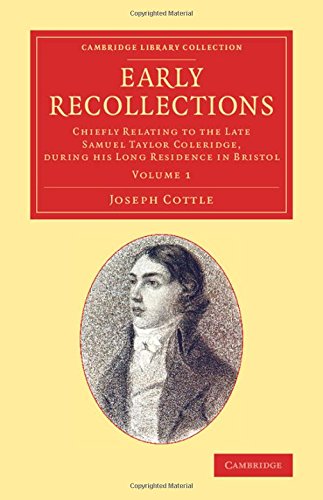
Early Recollections
Joseph Cottle
The reminiscences of bristol bookseller joseph cottle (1770 1853) have been described as 'unreliable but essential'.

Modern Coleridge
A. Timár

Coleridge and Wordsworth
Paul Magnuson
Paul magnuson contends that the relationship between coleridge's and wordsworth's poetry is so complex that a new criticism is required to trace its intricacies.

Coleridge
Henry Duff Traill
The publication in 1798 of lyrical ballads, written by william wordsworth and samuel taylor coleridge (1772-1834), is considered to be the starting point of the romantic movement.

Idea of the Symbol
M. Jadwiga Swiatecka

Samuel Taylor Coleridge
Virginia Radley

Challenge of Coleridge
David P. Haney

Wordsworth and Coleridge
Adam Sisman
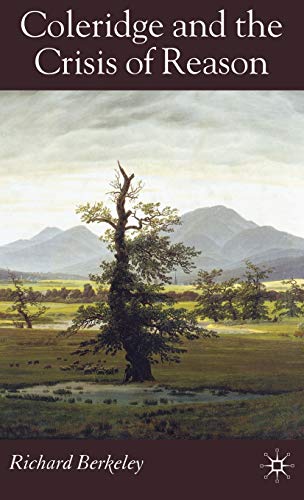
Coleridge and the Crisis of Reason
R. Berkeley
Coleridge and the crisis of reason examines coleridge's understanding of the pantheism controversy - the crisis of reason in german philosophy - and reveals the context informing coleridge's understanding of german thinkers.

Coleridge and the Inspired Word
Anthony John Harding
This movement radically revised the interpretation of the bible as an "inspired" book and also helped to redefine the inspiration attributed to poets, since many poets of the period, including coleridge himself, wished to emulate the prophetic voice of bi.

A supplement to Samuel Taylor Coleridge
Walter Byron Crawford

Coleridge and Wordsworth
Paul Magnuson

In Pursuit of Coleridge
Kathleen Coburn

Coleridge's Decline As a Poet
L. D. Berkoben

Coleridge's decline as a Poet
L. D. Berkoben

Dark Night of Samuel Taylor Coleridge
Marshall Suther

Bentham, Coleridge, and the science of history.
Robert O. Preyer

Coleridge and Sara Hutchinson and the Asra Poems
George Whalley

Selected poetry and prose of Coleridge.
Samuel Taylor Coleridge

Coleridge fille
Griggs, Earl Leslie.

Coleridge, la vie d'un poète
Joseph Aynard

Life & correspondence of John Duke Lord Coleridge
Ernest Hartley Coleridge

From Ottery to Highate
Wilfred Brown

Letters, conversations and recollections of S. T. Coleridge.
Samuel Taylor Coleridge

